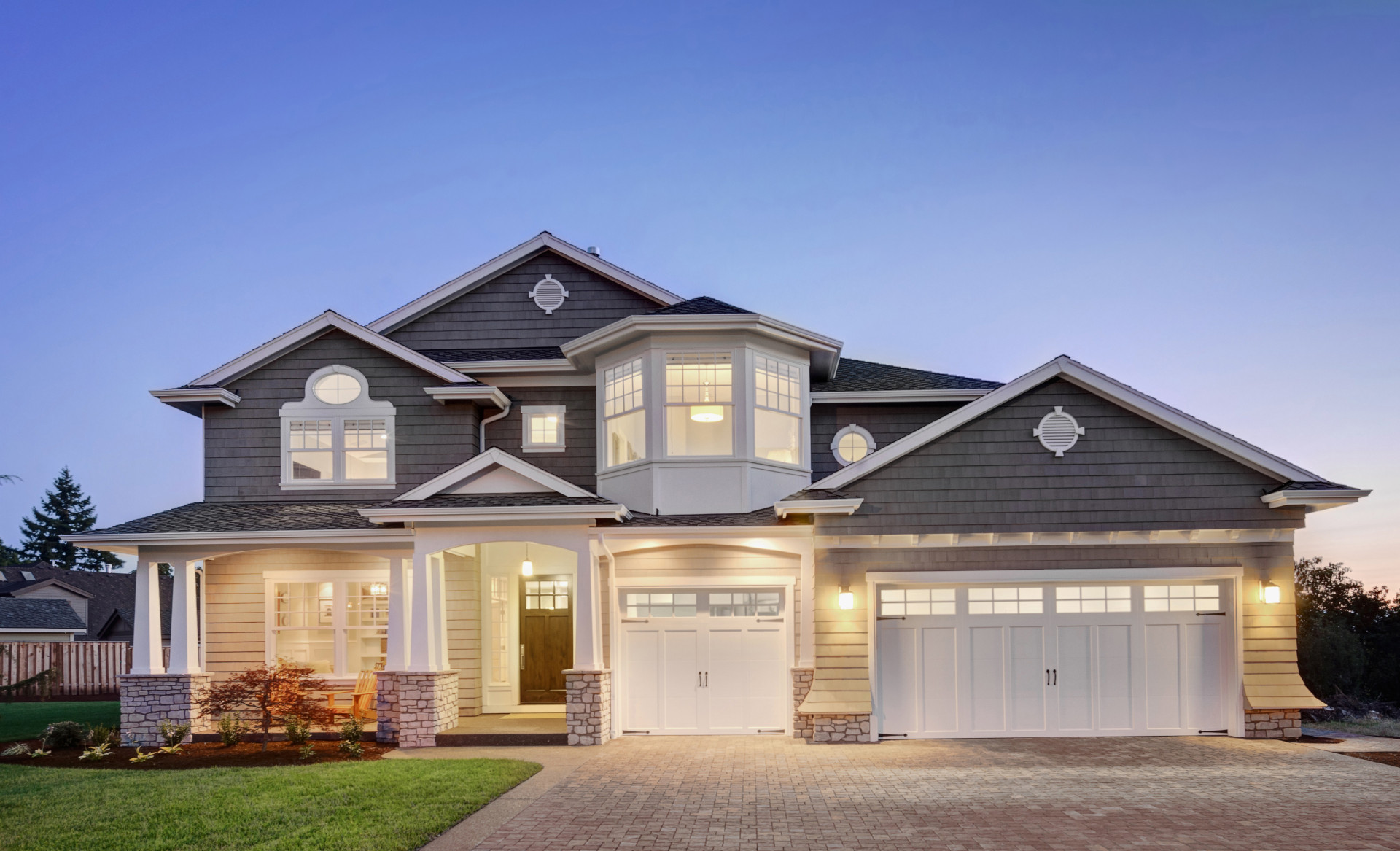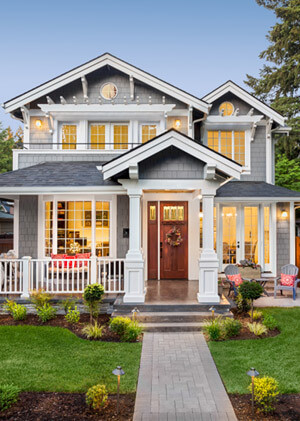
Conventional loans are one of the most common types of mortgages available for homebuyers and homeowners looking to refinance. Unlike government-backed loans such as FHA, VA, or USDA loans, conventional loans are not insured or guaranteed by any federal agency. Instead, they are offered by private lenders, banks, and financial institutions. This article explores the key aspects of conventional loans, including their benefits, requirements, types, and how they compare to other mortgage options.

Fixed Rate Mortgages: Your rate and payment never change.
Adjustable Rate Mortgages: After the initial period your interest rate can change once a year.
A conventional loan is a type of mortgage that follows the guidelines set by Fannie Mae and Freddie Mac, two government-sponsored enterprises that regulate the mortgage industry. These loans are considered "conventional" because they do not have government insurance or backing. Instead, lenders assume the risk of default, which often means stricter qualification requirements for borrowers.
Conventional loans are widely used for purchasing homes, refinancing existing mortgages, and even investment properties. They offer competitive interest rates, flexible terms, and various options for down payments, making them a popular choice among borrowers with strong credit profiles
Most conventional loan programs allow you to purchase single-family homes, warrantable condos, planned unit developments, and 1-4 family residences. A conventional loan can also be used to finance a primary residence, second home and investment property.